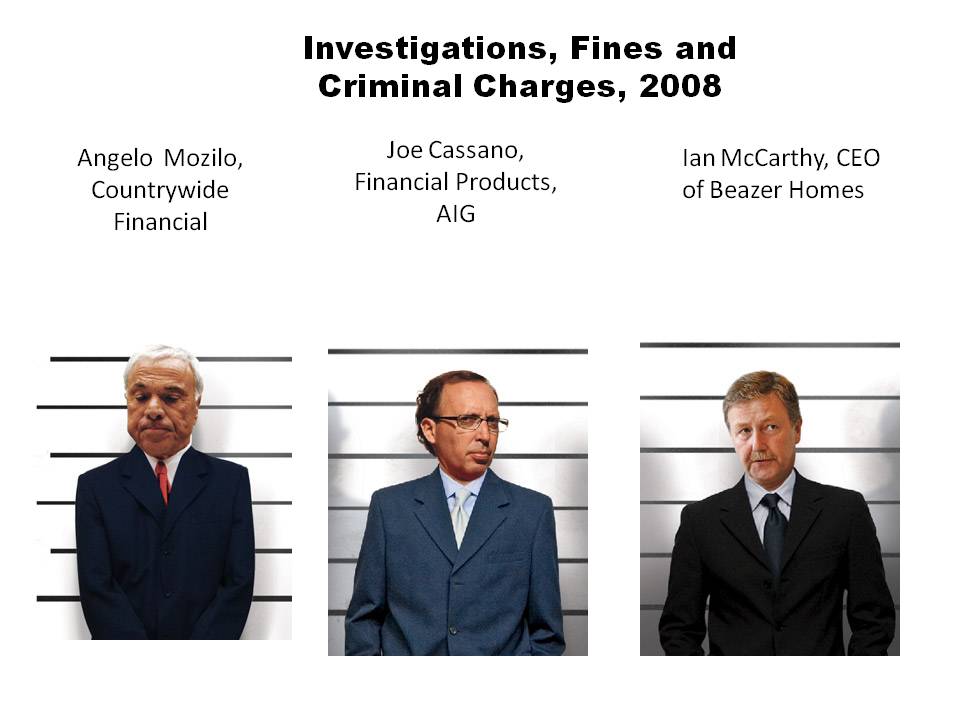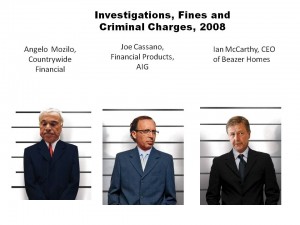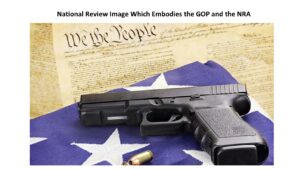You may have read Les Misérables in school or have seen the movie, thinking that Jean Valjean, a man imprisoned for stealing a loaf of bread to feed his family, is a fictional character in the distant past, at a time when being poor was a criminal matter and when the rich were a separate, privileged class. In effect, America in 2013 is becoming – in many cases, actually is — such a country.
In the last several decades, it is common seeing corporate criminals overlooked while America’s poor are herded into prisons for non-violent crimes like petty theft, drug possession, or, in effect, default on rent.
Many times we are not talking about a few years. Harsh laws by Congress two decades ago enacted “mandatory minimum” sentences, mainly targeting drug crimes. Since the 1990s, many state legislatures and Congress kept upping the ante, passing new mandatory minimum sentences, including “three strikes and you’re out” laws. As a result common sense, judicial discretion and mercy were forgotten.
Consequently our prison populations swell, ballooning to 2.3 million by last count while over seven million are under correctional supervision. But they swell with people of color (70% of prisoners are non-white), the mentally ill, and the poor. Less than 50% are incarcerated for violent crimes.
Though the Supreme Court has declared corporations people, their fiduciary representatives, executive at various levels, will most likely never be seen in prison for corporate crime, which involves criminality by corporate representatives. Indeed company leaders are more likely to be bailed out for their crimes, mainly because the companies they represent are still too big to fail.
In fact, corporations are so large and powerful, that they are now too big to even prosecute.
For example, the global bank HSBC paid a record $1.92 billion to settle federal accusations that it operated a huge money-laundering scheme for Mexican drug dealers and Middle Eastern terrorists. The DOJ did not prosecute, fearing such action might jeopardize the world economy. BP agreed to pay $4.5 billion and plead guilty to 11 felony counts in connection with the 2010 Deepwater Horizon oil spill in the Gulf of Mexico. The Thousand Oaks, California biotech giant Amgen paid $762 million in fines and penalties and pleaded guilty to a federal charge involving illegal marketing of its anemia drug, Aranesp. Britain’s Glaxo-SmithKine and Illinois-based Abbott Laboratories paid $3 billion and $1.5 billion in government penalties, respectively, for off-label promotions of blockbuster drugs.
The absence of criminal charges against perpetrators of the 2008 financial crisis is also well known, though it’s just a vague nagging feeling among most Americans now, not able to put faces to the thieves. One face not getting much notoriety was that of Countrywide Financial’s CEO, Angelo Mozilo. He settled Securities and Exchange Commission charges against him for a mere $67.5 million – covered by insurance companies and Countrywide’s new owner, B of A. His life of abject luxury was uninterrupted – in fact, a mockery of millions who suffered from the severe recession his actions contributed to.
Incidentally, this is not a new phenomenon. The savings and loan crisis of the 1980s generated thousands of criminal referrals and cost taxpayers a few hundred billion dollars. Still, those orchestrating the crisis were relatively untouched.
But the recent fines are chump change for monolithic corporations. For example, the HSBC settlement amounts to about 11 days worth of revenue for that bank holding company, and Amgen sells about $2 billion of Aranesp every year while it paid a mere $762 million for its mismarketing.
The pain caused by these corporate leaders to millions worldwide will never be calculated. That’s the price of doing business as a monopoly which overcharges its consumers and investors and underpays its workers. In the words of those defending drone strikes, it’s what you might call collateral damage.
Does that make you feel better?
—————————-
Facebook @ ——> Common Good
Facebook @ —–> Promote the General Welfare





